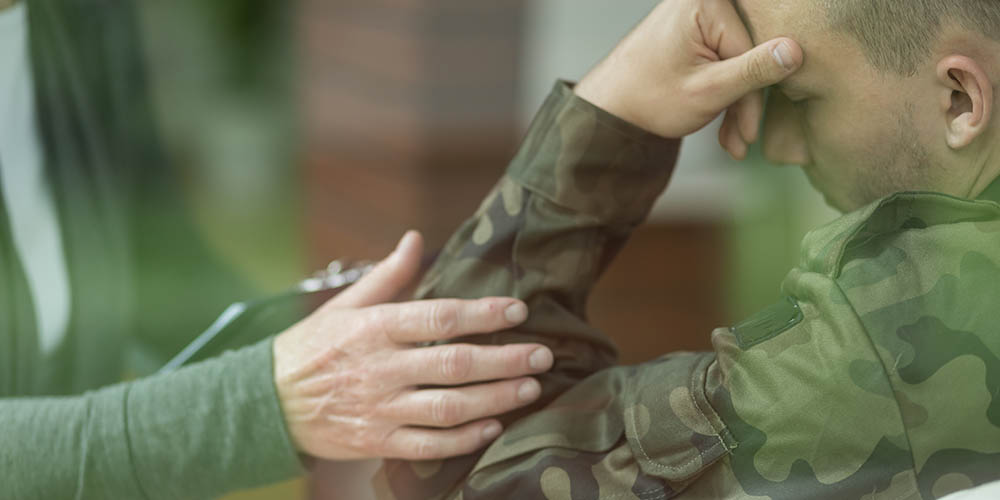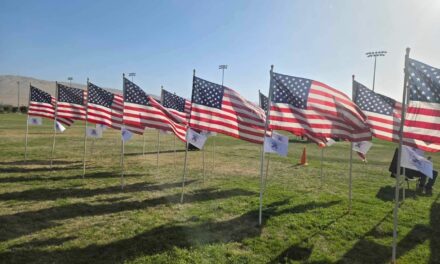How many U.S. veterans have to kill themselves before the Department of Veteran Affairs takes seriously the problems plaguing its much-hyped suicide hotline?
A March 20 audit by the VA inspector general discovered that nearly a third of calls to the Veterans Crisis Line as recently as November were bounced to backup centers run by an outside contractor, as well as other problems including weak leadership and inadequate data to measure the quality of calls, according to the Associated Press. The rollover calls happen when phone lines are busy, leading to possible waits of 30 minutes or more.
A 30-minute wait for someone is crisis could literally mean the difference between life and death.
The Department of Veterans Affairs insisted this week it was well on its way to fixing problems with its suicide hotline, according to the Associated Press. That’s a far cry from the promise the VA made last September.
By the VA’s own estimate, about 20 veterans kill themselves every day.
It is unconscionable to fathom the VA cannot do better by these men and women. They wasted no time putting their lives on the line for this country. The very least we can do is be there for them when they need it.
Since its inception in 2007, the crisis hotline has answered nearly 2.8 million calls and dispatched emergency services more than 74,000 times, according to the Associated Press. Last year, Congress passed a law requiring that all calls and messages to the hotline be answered in a timely manner.
These men and women have names and faces. I’ve looked them in the eye, cried with them, laughed with them and listened.
One was a beautiful young woman from Billings, Mont., who served in the Montana National Guard. She was deployed to Baghdad and when she returned home, Casey Elder said she struggled with wanting to me dead. She was hopeful she would someday be in the “freak car accident.”
Another veteran I met while working in Montana was retired U.S. Army Sergeant of Helena. One night, while drunk, he tied a parachute cord around his neck and swung it over a beam in his garage.
Are these really the type of veterans you want to leave on hold for 30 minutes?
I am thrilled to say both Elder and Ranalli survived and shared their stories with me while I was working at the Billings Gazette. They wanted to help put a face to this crisis.
It’s now the VA’s turn to step forward and get this issue under control.
The Veterans Crisis Line number is 1 (800) 273-8255, Press 1.





![Medal of Honor Day Remembered [Opinion]](https://ukenreport.com/wp-content/uploads/2024/03/Medal-of-Honor-Day-440x264.jpg)

